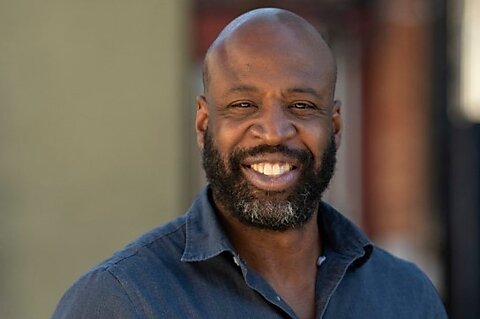In testimony before the House Subcommittee on Higher Education and Workforce Development on March 7, Cato Institute research fellow Erec Smith said the diversity, equity, and inclusion program (DEI) “is built upon a foundation whose very mission is to perpetuate racism.”
In his prepared remarks for the hearing, “Divisive, Excessive, Ineffective: The Real Impact of DEI on College Campuses,” Smith told the committee that “Contemporary DEI is not an extension of the Civil Rights Movement. It is undergirded by a quasi‐Marxist ideology called Critical Social Justice.”
“The salient tenet of Critical Social Justice is this: ‘The question is not ‘did racism take place’? but rather ‘how did racism manifest in that situation?’” he said. “So, according to Critical Social Justice, racism is always already taking place. There is no need to think for oneself; the narrative—one of perpetual oppression—does the thinking for you.”
“Questioning of this ideology is considered a form of racism,” said Smith.
He then told a story about how he had once received a mass email from a “prominent figure in my field,” who advised everyone in the email to boycott an academic group because it had engaged in racism “during a committee meeting.”
The email writer did not explain what apparently had occurred at that meeting. In response, Smith wrote back, “What happened?”
“For this I was vilified by my colleagues of all colors and accused of perpetuating white supremacy,” Smith told the subcommittee. “Merely asking the question—‘what happened?’—was considered a form of racism. You see here that an accusation of racism cannot be questioned; remember, ‘The question is not ‘did racism take place’? but rather ‘how did racism manifest in that situation?’”
Smith told another story about “two professors who always allow their black students to write in black vernacular (African American vernacular; some people say ‘ebonics’). However, the students’ refusal to do so, because they were there to learn standard English, was seen by these professors as a form of self‐hatred and internalized racism.”
“A prominent figure in the field, who is a self‐proclaimed Marxist, went as far as to say these students were being ‘selfish’ and ‘immature’—his words—for wanting to write in standardized English because that would just perpetuate a status quo of whiteness,” testified Smith. “As black students who wanted to write in standard English, they shirked the attitudes and values those professors prescribed to them as black students. Their desire to write in standard English was treated like a kind of pathology.”
Concluding his prepared testimony, Smith said, “I don’t know if you’ve all noticed yet, but I’m black and I’m against this DEI. Why? Because I really like being black. And this ideology is infantilizing, it is anti‐intellectual, and since I am a mature intellectual person, it doesn’t align with me. I am too good for contemporary DEI, and so are many others.”
Representative Burgess Owens (R‑UT), chairman of the subcommittee, was also critical of the divisive nature of DEI orthodoxy. “Marxist‐centered DEI on the other hand has a jaded view of America and Americans,” said Owens in his opening remarks. “It views our nation as a pyramid comprised of race oppressors and race oppressed. It attributes all of America’s societal ills and flaws to whites, Judeo‐Christians, and males. To remedy all past perceived racism and injustice perpetrated by this sector of Americans, DEI prescribes a healthy injection of black racism and black injustice.”
DEI is “an industry that has successfully steered hundreds of thousands of our youth away from the vision of our Founding Fathers,” said Owens. “That vision was one of becoming a more perfect union. One in which the citizenry improves with each generation, to judge each other based on the content of character, not by race, creed, or color.”
Erec Smith, a research fellow at the Cato Institute, is the author of A Critique of Anti‐Racism in Rhetoric and Composition: The Semblance of Empowerment (2020). He also is a co‐founder of Free Black Thought, a nonprofit dedicated to highlighting viewpoint diversity within the black communities and is an associate professor of Rhetoric at York College of Pennsylvania. His prepared testimony is posted here.

